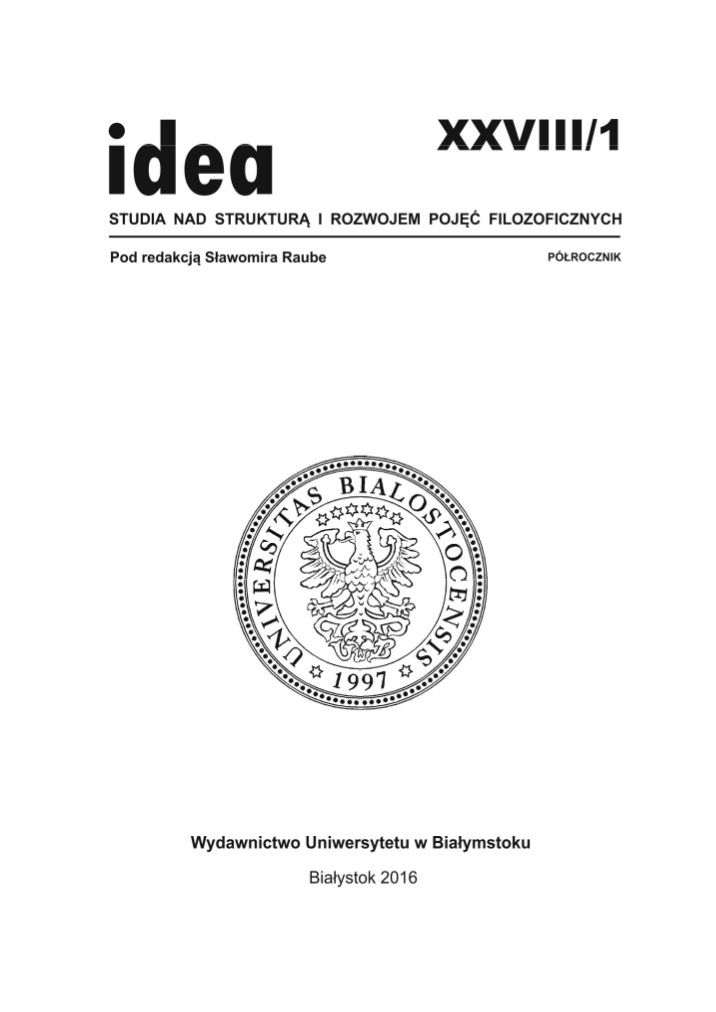Matafora jako marzenie języka. Koncepcja metafory Donalda Davidsona
Metaphor is the dreamwork of language… some remarks concerning Donald Davidson's concept of metaphor
Author(s): Magdalena FilipczukSubject(s): Language studies, Philosophical Traditions, Special Branches of Philosophy
Published by: Wydawnictwo Uniwersytetu w Białymstoku
Keywords: Donald Davidson; metaphor; language; metaphoric meaning; metaphor’s effect
Summary/Abstract: In his article What metaphors means Donald Davidson points out that there is an "error and confusion" in claiming "that a metaphor has, in addition to its literal sense or meaning, another sense or meaning". Metaphor has no special meaning, says Davidson and gives a number of arguments to support his controversial thesis. "If a metaphor has a special cognitive content, why should it be so difficult or impossible to set it out?" – he asks rhetorically. Davidson makes many remarks about the effects of a metaphor; he shows that metaphor belongs exclusively to the domain of use and denies that the metaphorical sentences have any special cognitive content. "For a metaphor says only what shows on its face – usually a patent falsehood or an absurd truth... given in the literal meaning of the words". In the first part of my paper, I analyse Davidson’s concept of metaphor in terms of his own assumptions. First, I argue that Davidson narrows the commonsense use of “meaning”, which is much wider than he makes it out to be. Secondly, if metaphors belong exclusively to the domain of use, it is only when language is used in a peculiar, untypical way (drawing our attention to the paradoxical coincidence of words within metaphor) that a sentence can be considered metaphorical. If so, all we do is violate the everyday use of language, or even modify its rules, and let the context influence the meaning of words within the metaphor. We don't make those words mean something other than they usually mean. The last part of my paper deals with Davidson's claim that interpretation is the work of imagination and creation. I argue that the understanding of metaphor has a dynamic structure. If metaphorical sentences say something with suggestive indefiniteness, it is because metaphor is a kind of task that lies before a reader or a listener, a variant of ancient gnome. It is true that it is all about the effect but usually the effect is not instantaneous. Following Coleridge, I view understanding in terms of growth. It leads an individual to undertake an attempt to grasp certain objective truths. What we notice thanks to extraordinary metaphors in literature and philosophy is that they illuminate us somehow. Our task is then to express this effect in language. Therefore, contrary to what Davidson claims, the possibility of multiple interpretations do not necessarily question the objective cognitive content of a metaphor.
Journal: Idea. Studia nad strukturą i rozwojem pojęć filozoficznych
- Issue Year: 1/2016
- Issue No: XXVIII
- Page Range: 217-243
- Page Count: 27
- Language: Polish

